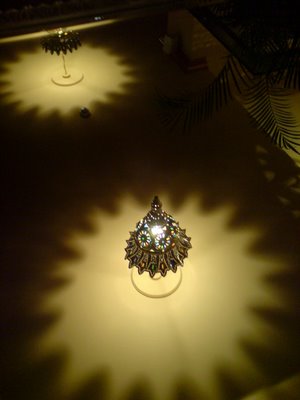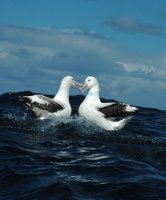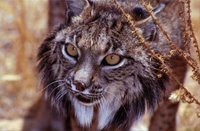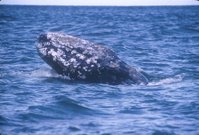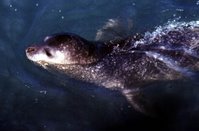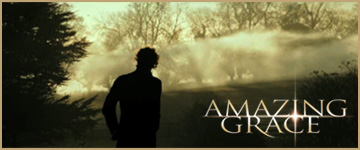
In truth, I always thought that Jesus believed storytelling was nebulous enough. What I mean by that is that He spoke in parables, which by nature are hazy and call upon us to peel off their layers - the consequence of which is that they tend to stick around our souls for a long time - they journey with us, sustain us and nourish our hungry hearts. All the songs and stories I loved as a boy I still love, those my grandparents told about anonymous people; miners, steel workers, farmers and builders really interested me. I loved hearing tales about the struggles and hardships of the labourers, the pioneers, and I loved the old gospel spirituals that my grandfather adored so much – songs with tragedy born out of hardship but that looked forward to a better day and a more redemptive time – they echoed his own struggle, a struggle I am proud to be connected to in some way to this day.
I was remembering today a conversation I had with His Eminence Cardinal Cormac Murphy-O’Connor. Over a drink he said that he saw ‘the failings of the Church in very stark terms’, and that, ‘the Church must always be reformed.’ Moreover, he stated that ‘the Church has nothing to lose by admitting its faults.’ Cormac is a remarkable man, and I find his humility intoxicating.
What impressed me most about him when he stayed in Guernsey was that even in his position he had lost none of his compassion for ordinary people. I found him to be at his most influential when he was out of the limelight - perhaps sharing a beer at the bar with those everyday folk he seems to have a real pastoral heart for. I say this with good reason.
The passive majority expect the church to be guardians of the Christian tradition. Most do not attend church themselves, primarily because they wish it would change. Few sit back and expect the church to perform various tasks on their behalf. Most post-Christian people no longer describe themselves as religious, but they do feel the need for a place of community that allows an articulation of their spiritual impulses. The wave of interest in spirituality from our post-modern culture has caught secularists by surprise. It’s as if (using evangelical language) we are in the midst of a revival.
As John Drane notes, ‘it is fashionable to be green and spiritual.’ We must stop castrating the emerging culture and become the incarnate community we are called to be, and so live among it. Too much Christian spirituality contains Hellenistic dualism of body/spirit. Mike Riddell suggests that the result of this is, ‘a spirituality which is disembodied, disengaged and ill at ease with normal human existence.’ If, as His Eminence suggests, the church should be willing to reform, it will need to find both the spirituality of physical life, and the physicality of spiritual expression.
I have friends who pioneer a remarkable church in Belfast. What is so extraordinary about it is this - it is a pub. I would describe it as a place specifically for those on the fringes of, or dropped out of, church for whatever reason. ‘Ikon’ aims to provide opportunity for expression of and enquiry into the Christian faith in a relaxed pub environment. It opens its doors to all comers. It is for those on the edge. It has attracted those who are hurting, those who have lost their way, and those who are unsure where they fit.
It has aimed to provide a forum that fosters friendship, listens to questions and strengthens frail faith. If anyone is now feeling a little uneasy it might be helpful to return to the life of a God-man who roamed this planet a couple of thousand years ago. Whilst Jesus was certainly someone who learned to let go of everything (including life itself) he also gained a reputation as a glutton and a drunkard. Now, ask yourselves how one earns that sort of reputation.
The truth is public houses have always been a focal point of community – a place of conversation, of feasting; in short, a place of celebration and belonging. Sure they’ve had their problems and dark days, but what hasn’t? To celebrate is to transform, to make the ordinary special – or maybe to recognise the extraordinariness of the everyday. Maybe, even today, as people sit around a bar, suddenly there is another punter, another voice, another presence…just maybe.
For those who are looking for a rhythm of spirituality that has roots but is not too ‘churchy’ Ikon seems to be a helpful signpost pointing on beyond itself. I would describe it as an excellent idea for connecting and relating to those who feel threatened by traditional church, and for those who have a had bad experiences and been let down. It also brings credibility to those who think that churches today have lost touch with modern times, and are stuck in the past. Ikon is an encouraging example of reformation, and those precious humans who nurture it are to be commended in encapsulating dynamic vision whilst holding a fresh vitality lacking in many churches today.
Quite naturally we judge the authenticity of the church by experiencing the community and mystery within it. What is it that people experience within church, and does that differ with what people share in the public house? Do both provide a sense of security and inclusiveness? Is one characterized by a concern for boundaries and controls, where most of the people are very much the same? And is the other characterized by its embracing of diverse types of people, who might be at different stages of their journey, but who are bound together by their commitment to one another? I am not suggesting any answers here, but merely provoking questions.
We often describe church as the community of faith, but all too often (because of inherited definitions of institutional membership) it is the one thing that many people fail to find. Douglas Coupland alludes to this in much of his work, but particularly in Shampoo Planet, where he suggests that church community has ‘too many experiences but no relationships.’ Ultimately the search for an authentic spiritual life is to discover and feel part of something greater than ourselves. Whether that is found to a greater or lesser degree in church than public houses I’m not sure. I suspect it may be found in both. Maybe the most important discovery here is that we have much to learn from one another?
Oh, ps, for the record I won a gammon joint at the meat draw last week……I guess there is a God


